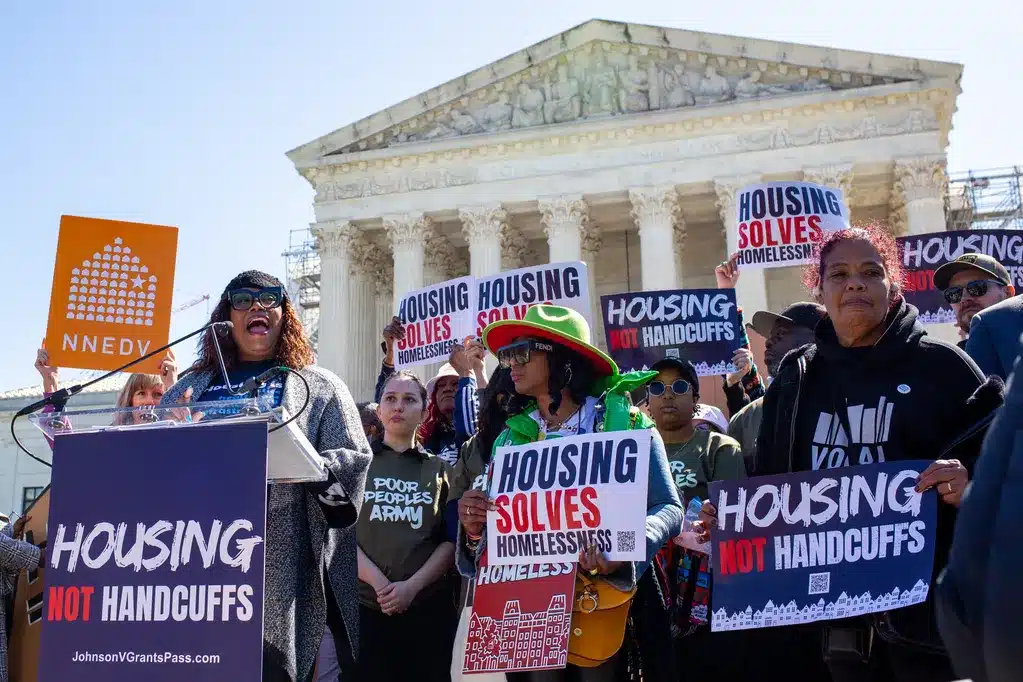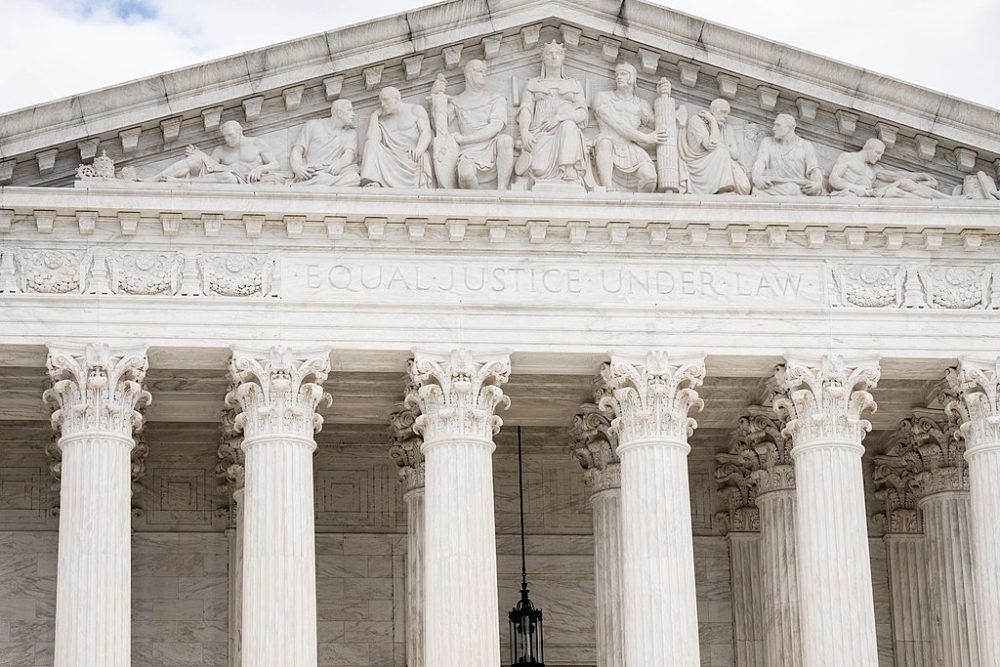The American Housing Rescue and Foreclosure Prevention Act of 2008: approved by the Senate on Saturday should appropriately be called the “Fannie Mae and Freddie Mac Rescue Bill” because that is what the bill focuses on. It allows the Treasury to extend an unlimited line of credit to these two companies to prevent them from failing. The Congressional Budget Office estimates that this part of the Bill will cost about $25 billion. It also estimates that that there is a more than 50 percent chance that Treasury might not have to intervene; and there is also an outside risk of a cost of $100 billion.
The bill also provides for renegotiation of home mortgage loans that borrowers are finding hard to service. These provisions are expected to help some 400,000 homeowners avoid foreclosure by refinancing into affordable loans backed by the Federal Housing Administration (FHA). This part of the Bill will cost about $300 billion. But lenders would have to agree to take a loss on the existing loans. Lender participation under this bill is voluntary.
One U.S. Senator (Sen. Christopher Bond, R-MO) expressed concern that this provision will allow lenders to “dump their worst subprime mortgages” on the FHA.
The bill has other, much smaller, components also:
- The bill provides about $3.9 billion to local governments to make use of foreclosed properties in their jurisdiction — that is, to acquire such properties and if needed renovate them so that they can be used as housing. This is a noteworthy and laudable feature of the Bill, though one that the White House is reportedly most concerned about.
- Then there is an up to $7,500 “tax credit” for first-time homebuyers. This is a misnomer, because homebuyers will not obtain $7,500, but will receive a loan of this value to be repaid in equal installments over 15 years, free of interest. So, it is only the value of the interest on this awkward “loan” from the government that is a benefit to a first-time homebuyer. This provision will do little to stimulate demand among first-time homebuyers. A genuine tax credit would have helped, but this interest free loan to be repaid each year in installments looks more like an irritation than an incentive.
- Some advocates for affordable housing have lauded the creation of a national housing trust fund under this bill. The trust fund is expected to become operational from 2012, and will obtain about $300 million each year from Fannie Mae and Freddie Mac. If only these companies were made to pay their fair share of state taxes (they are currently exempt from state taxes), and that amount were dedicated solely to creating and preserving affordable housing in the nation, far more could be done to build affordable housing.
The Federal Reserve in a 2005 study estimated that the capitalized value of the government-created privileges for Fannie Mae and Freddie Mac (such as the implicit government guarantee and exemption from some taxes) amounts to between $122 billion and $182 billion. And now, when this bill forces these companies to fork out less than a quarter percent of this for a national housing trust fund, there is cause for celebration!
- There are also some sops for seniors and veterans in the bill. For seniors using reverse mortgages — there will now be caps on some of the fees, and seniors can obtain larger reverse mortgage loans than before. There are benefits for returning military veterans as well; they will be allowed an additional six months before foreclosure proceedings against them can begin.
As if feeling left behind with the huge giveaway to Fannie and Freddie shareholders, lobbyists for Chrysler (an automobile manufacturer) also decided to throw their weight into this “Housing Bill” and have obtained, under this bill, special corporate tax treatment for this partnership company which is not officially a corporation .
The bill will raise the national debt ceiling to $10.6 trillion, which amounts to an increase of $800 billion. From everything we know about governments, particularly in times of economic difficulty, the debt ceiling is very likely to be reached. Some Americans will benefit from the different components of this Bill, outlined above. But what the government gives with one hand, it will take away with the other in the form of higher national debt that all Americans will have to bear. Furthermore, this bill seems to support a degree of corporate profligacy that is disturbing. The creation and support for this type of culture will also impose heavy costs on all Americans. Of course, the biggest losers will be those Americans who do not directly benefit from this Bill but will be forced to bear the burden of its costs. The staggering proportions of this Bill, and the arrogance of two corporations seeking and obtaining an unlimited line of credit from the government are worth pondering about. This landmark legislation will impose an unacceptable burden on average Americans.
And at the end of it all, will it rescue the housing market?
According to Mark Zandi, chief economist at Moody’s Economy.com:
This isn’t going to be the catalyst for a better housing market…It may staunch some of the downturn, but it’s going to have a very modest positive impact.




Comments